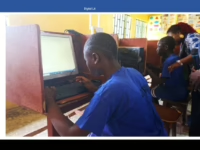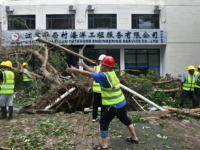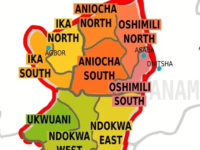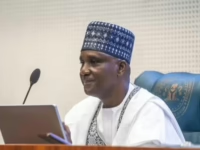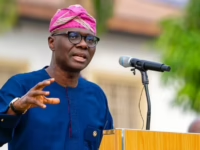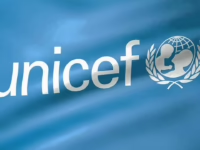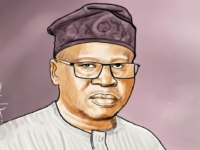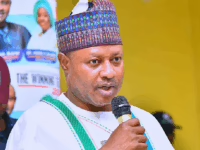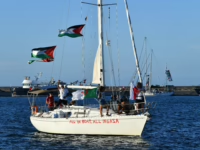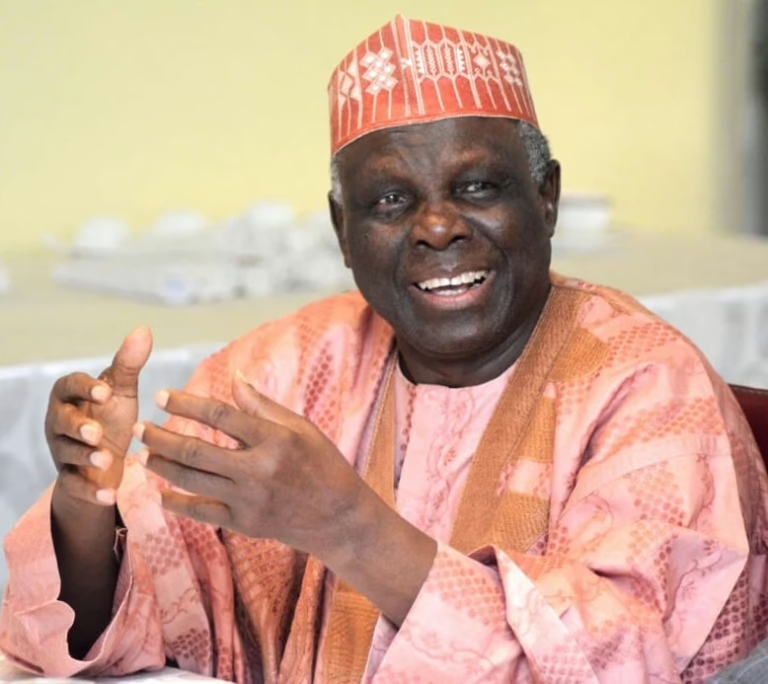Professor Jerry Gana, a former Information and Culture Minister and prominent figure within the Peoples Democratic Party (PDP), has called on President Bola Ahmed Tinubu to take immediate action in securing Nigeria’s borders. He emphasized that this measure is essential to curbing the persistent herder-farmer conflicts, banditry, and the broader insecurity plaguing the nation.
Speaking in Abuja during the 2025 International Day of Peace celebrations and the 25th anniversary of the Institute for Peace and Conflict Resolution (IPCR), held under the theme “Act Now for a Peaceful World,” Gana drew from his extensive experience serving under both military and civilian regimes.
Having once held the position of Minister of Cooperation and Integration in Africa during former President Olusegun Obasanjo’s tenure, Gana stressed, “True peace is rooted in the robustness and sanctity of secure borders. A nation’s fundamental duty is to safeguard its citizens, and without well-guarded frontiers, this responsibility is compromised. It is alarming that Nigeria’s borders remain largely unprotected.”
He lamented the porous nature of the country’s boundaries, stating, “Our borders are wide open, allowing unrestricted entry at any time, which is both negligent and unacceptable.”
Aligning his perspective with that of the Chief of Defence Staff, General Christopher Musa, who recently highlighted the urgency of border security, Gana remarked, “While we share borders with neighboring countries, it should not translate into constant breaches and disturbances. Numerous communities endure frequent attacks by armed groups and bandits who seize lands unlawfully and wreak havoc on lives. This situation demands immediate attention.”
He urged the federal government and the Ministry of Foreign Affairs to prioritize border security, warning that without such measures, insecurity will persist unabated.
“The cycle of violence in Nigeria will only continue if our borders remain vulnerable. Lasting peace and stability are unattainable without addressing this critical issue,” he asserted.
Gana further highlighted the intrinsic link between peace and prosperity, noting, “Peace fosters growth and well-being, whereas conflict results in profound suffering and exposes humanity’s darkest traits. The sanctity of human life must be upheld above all else. Unfortunately, some have lost respect for life, taking it without remorse.”
He also pointed out that injustice is a root cause of conflict, urging leaders to govern with fairness and integrity. Commending the IPCR’s leadership, Gana praised their unwavering dedication to peace advocacy, conflict resolution, peacebuilding, and education in peace management.
Drawing attention to the staggering economic toll of violence, he revealed that the cost exceeds $19 trillion globally. “This colossal loss represents wasted lives, resources, and unrealized potential. Imagine the transformative impact if such funds were invested in development. Sub-Saharan Africa continues to rank among the world’s most conflict-affected regions,” he noted.
In his address, Dr. Joseph Ochogwu, Director-General of IPCR, emphasized that “Peace is not merely an ideal but a practical and attainable goal when societies are interconnected. Building peace is an ongoing journey requiring commitment, creativity, and optimism.”
Recognizing the evolving global environment shaped by technological advancements, Ochogwu stated, “Looking forward to the next quarter-century, our strategies must be resilient and adaptive. Innovation and collaboration are key. Technology offers powerful tools to bridge divides, empower communities through dialogue, and amplify marginalized voices.”
He also commended President Bola Ahmed Tinubu’s administration for demonstrating “unprecedented dedication” to tackling the underlying causes of conflict in Nigeria.







